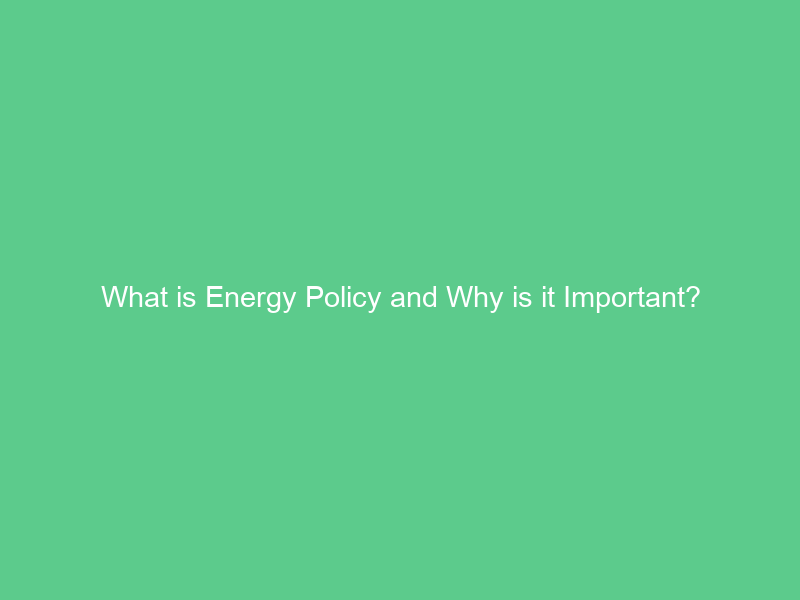Energy policy involves more than simply supply and demand or buyers and sellers – it involves people.
We should stop demonizing fossil fuels that have brought unprecedented gains to world living standards and focus on developing alternative energies with reduced greenhouse gas (GHG) emissions. Furthermore, policies which raise electricity prices through taxes or mandates must end immediately.
Electricity
Electricity is an integral component of our energy system, serving as the platform upon which emerging technologies can bring rapid transformation, while offering one of the greatest challenges to clean energy transition.
Energy demand for electricity is expanding quickly, driven by electric mobility and cooling needs in data centres. It is projected to accelerate further over time; as far-sighted scenarios target net zero emissions emissions levels.
To meet increasing global electricity demand and meet climate targets, the energy sector requires an array of resources such as coal, nuclear power, renewables and hydropower as well as storage mechanisms like batteries or hydrogen for use in fuel cell electric vehicles. Furthermore, energy efficiency policies play a vital role: supporting changing behaviors or upgrading appliances can reduce energy consumption while increasing low carbon technologies in the mix – ultimately contributing to development and improved quality of life.
Fossil Fuels
Fossil fuels (coal, oil and natural gas) account for 80% of global energy production and are nonrenewable sources. Produced through anaerobic decomposition of fossilized plant and animal material over time into coal, petroleum or natural gas deposits which are extracted from the ground for refinement into kerosene, gasoline or diesel to be burned to generate electricity as well as many other things such as steel production and plastic manufacturing processes.
Production of fossil fuels results in environmental and health costs not reflected in market prices, such as air pollution and climate change. Coal mines and oil rigs can be dangerous work environments where accidents may result in injury or even death for workers; countries reliant on imports of these resources are vulnerable to geopolitical risks as well as price fluctuations; switching to renewable energy can lessen this dependence while spurring economic development, inclusive growth and job creation while protecting people’s health and the environment.
Energy Infrastructure
Energy infrastructure provides energy services essential to our daily lives – lighting, heat and air conditioning in buildings, cooking food and moving vehicles – as well as essential underlying services such as healthcare and media provision. Geographically dispersed across multiple jurisdictions.
Modernizing energy infrastructure is vital to creating a clean and secure future. It must support expanding renewable generation, respond rapidly to disruptions, and remain resilient against climate change.
Energy policy is determined by the needs and interests of nations. Individual countries may prioritize system reliability, decarbonization, resource diversification, technology export potential or electricity access when developing their national policies. International agreements like Paris help align nations toward common goals; each nation must still make its own decision about direction. Investment decisions made today could have lasting ramifications over decades – so it is vital that governments make long-term decisions that make sense financially.
Energy Efficiency
Energy efficiency measures reduce both consumption and impacts of energy use while saving customers money. A one-time investment in an energy efficient refrigerator or LED lights quickly pays for itself in reduced energy bills and build resilience against natural disasters.
State governments offer numerous strategies for increasing energy efficiency. These include mandating efficiency standards on equipment, using “nudge” techniques that encourage behavioral change through information (e.g. displaying neighbors’ energy usage on utility bills) or financial incentives to influence prices.
Revenue decoupling, which separates utility profits from sales volume and eliminates an incentive for utilities not to pursue efficiency, allows consumers to install clean technologies like solar panels and electric cars without paying exorbitant fees that obstruct innovation or keep people trapped into outdated energy infrastructure. Furthermore, revenue decoupling requires utilities prioritize efficiency for low-income households.

